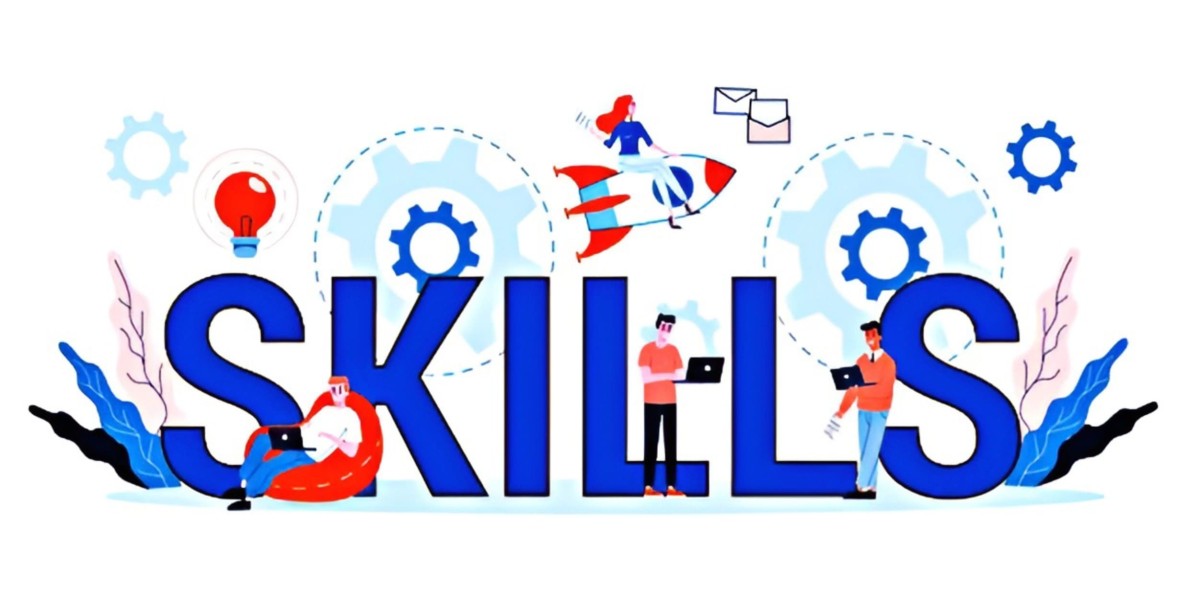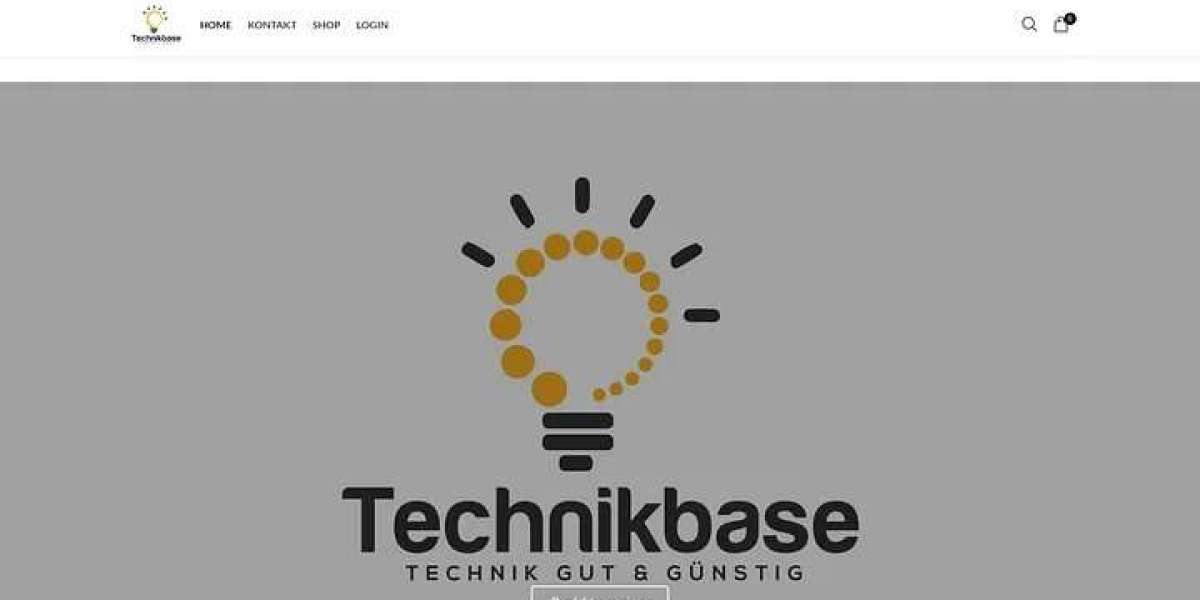Career transitions are a natural part of professional growth. Whether you're considering a change in your current job, switching industries, or exploring an entirely new career path, the process can be both exciting and challenging. However, with careful planning and the right approach, you can successfully navigate these transitions and reach new heights in your career. In this step-by-step guide, we'll walk you through the process of transitioning to a new career smoothly and confidently.
Step 1: Self-Assessment
Before you embark on a career transition, take the time to assess yourself. Reflect on your skills, interests, values, and long-term career goals. What do you enjoy doing? What are your strengths and weaknesses? Understanding yourself is the first crucial step in finding a career that aligns with your aspirations.
Step 2: Research and Explore
Once you have a clear picture of your interests and goals, start researching potential career options. Explore industries and roles that match your skills and passions. Attend industry-related events, conferences, and webinars to gain insights and network with professionals in your desired field.
Step 3: Skill Gap Analysis
Identify the skills and qualifications required for your target career. Assess the gaps between your current skill set and the requirements of your new path. Consider enrolling in courses, workshops, or certifications to bridge these gaps and enhance your marketability.
Step 4: Build Your Network
Networking is a valuable asset during a career transition. Connect with professionals in your chosen field through social media platforms like LinkedIn, attend networking events, and reach out to mentors for guidance. Your network can provide invaluable advice and potential job leads.
Step 5: Update Your Resume and LinkedIn Profile
Tailor your resume to highlight relevant skills and experiences for your new career. Update your LinkedIn profile to reflect your career transition goals, emphasizing transferable skills and your enthusiasm for the new field.
Step 6: Apply Strategically
When applying for positions in your target career, focus on your transferable skills and experiences that align with the job requirements. Craft customized cover letters that showcase your passion and commitment to the new path.
Step 7: Prepare for Interviews
Practice interviewing for your new career. Research common interview questions, prepare compelling responses, and participate in mock interviews with friends or mentors. This will help you build confidence and effectively communicate your readiness for the role.
Step 8: Be Persistent and Patient
Career transitions can take time, and rejection is a part of the process. Stay persistent and maintain a positive attitude. Each rejection is an opportunity to learn and improve. Keep refining your approach and seizing new opportunities as they arise.
Step 9: Seek Guidance
Contemplate the idea of seeking guidance from a seasoned career counselor or coach who specializes in assisting individuals through transitions. Their expertise can offer you invaluable insights, unwavering support, and expert guidance as you navigate this transformative journey.
Step 10: Embrace the Change
As you embark on your journey into your new career path, welcome change with an open and receptive mindset. Anticipate a learning curve and remain flexible in your approach. Embracing change wholeheartedly is not just a key but also a fundamental prerequisite for thriving in your new role.
Conclusion:
Navigating a career transition can be a transformative and fulfilling experience. By following these steps and maintaining a proactive and positive mindset, you can successfully leap into a new career path that aligns with your passions and aspirations. Remember that every step, even the challenges, is an opportunity for growth and self-discovery. Your career transition is not just a destination; it's a journey of personal and professional development.
































